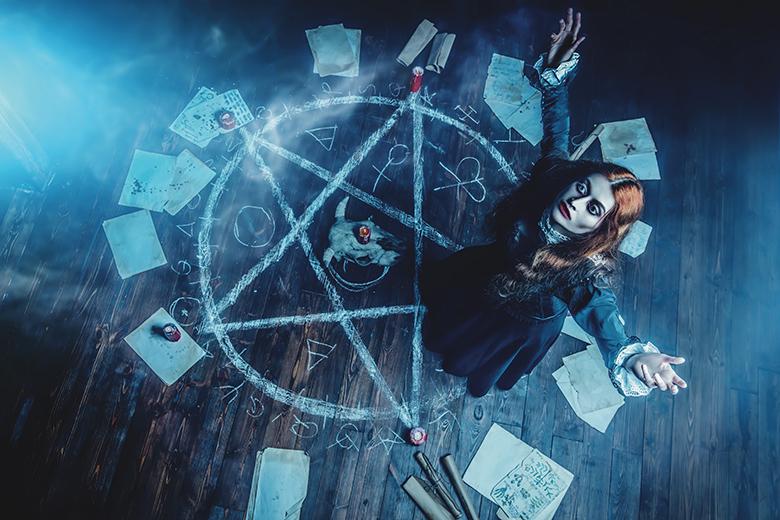
Does Black Magic Really Exist?
The concept of black magic has been a subject of fascination, fear, and controversy for centuries. Cultures around the world have tales of dark spells, malevolent forces, and sinister practitioners. But does black magic truly exist, or is it merely a product of superstition and human imagination? This article delves into the history, beliefs, and modern perspectives surrounding the topic to provide a comprehensive understanding.
Historical Perspective
Black magic, often referred to as dark magic or sorcery, has its roots in ancient civilizations. From ancient Egypt to Greece, and from the Indus Valley to the Americas, there are records and myths that hint at practices involving supernatural forces and rituals aimed at manipulating them.
Many ancient societies had their own versions of rituals, spells, and practices believed to harness dark energies or malevolent spirits. These practices often intertwined with religious beliefs, cultural traditions, and societal norms. For instance, in medieval Europe, the witch trials and the fear of witchcraft were deeply intertwined with religious fervor and socio-political dynamics.
Beliefs and Practices
Black magic is generally associated with practices that are intended to cause harm, bring misfortune, or manipulate the free will of others. Some common beliefs and practices associated with black magic include:
- Curses and Hexes: Spells aimed at causing harm, illness, or misfortune to an individual.
- Control and Manipulation: Rituals intended to control or manipulate the thoughts, emotions, or actions of another person.
- Summoning Spirits: Invocations and rituals to summon malevolent spirits or entities for various purposes.
However, it’s essential to differentiate between cultural or religious practices and malicious intent. Many practices labeled as “black magic” in one culture might be considered benign or even beneficial in another.
Modern Perspectives
From a scientific standpoint, there is no empirical evidence to support the existence of supernatural forces or the effectiveness of black magic spells. The majority of claims related to black magic can be attributed to psychological, cultural, or sociological factors.
- Psychological Factors: Belief in black magic can influence one’s psychological state, leading to anxiety, fear, or psychosomatic symptoms.
- Cultural and Sociological Factors: Black magic beliefs and practices often arise from cultural traditions, societal norms, and communal beliefs. In some societies, attributing misfortunes or unexplained events to black magic can serve as a way to explain the inexplicable and provide a sense of control.
Ethical Considerations
Regardless of its existence, the belief in black magic raises ethical concerns. The use of rituals or spells to harm others or manipulate their free will is considered unethical and morally wrong in many cultures and religions.
Furthermore, the fear and stigma associated with black magic can lead to discrimination, violence, and human rights abuses. Accusations of witchcraft or involvement in black magic have historically been used as a pretext for persecution, especially against marginalized groups.
Conclusion
The existence of black magic remains a topic of debate and speculation. While there are historical records and cultural beliefs that suggest its existence, scientific evidence is lacking. The belief in black magic can have profound psychological, cultural, and ethical implications, influencing individual beliefs, societal norms, and human rights.
Regardless of one’s beliefs about the reality of black magic, it is crucial to approach the topic with an open mind, critical thinking, and respect for diverse perspectives. It is equally important to promote understanding, tolerance, and ethical considerations in addressing the complex and multifaceted issue of black magic.

I loved even more than you will get done right here. The picture is nice, and your writing is stylish, but you seem to be rushing through it, and I think you should give it again soon. I’ll probably do that again and again if you protect this hike.
I fortunately discovered this brilliant website recently with amazing content for subscribers. The site owner understands how to produce quality material. I’m excited and hope they maintain their excellent efforts.